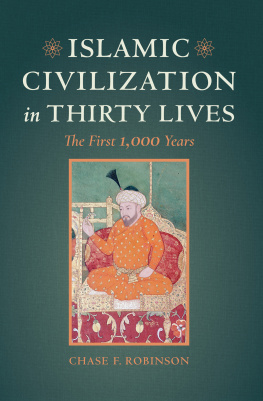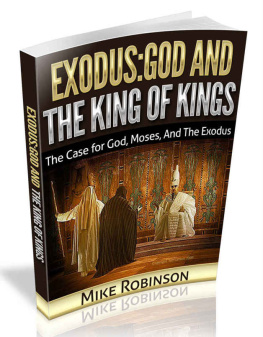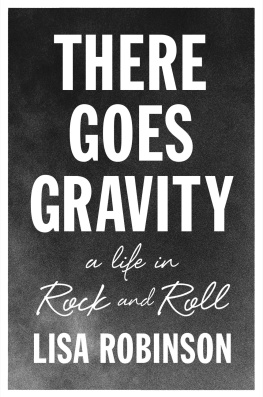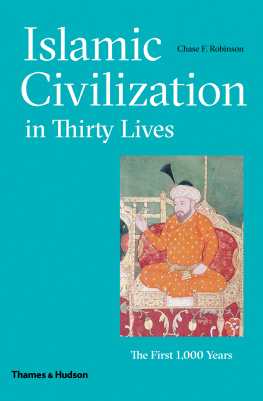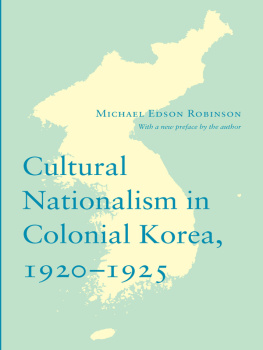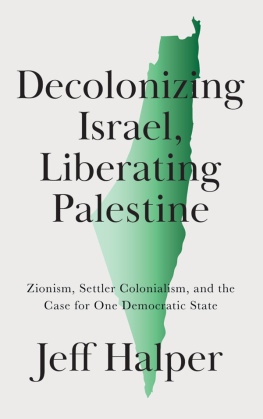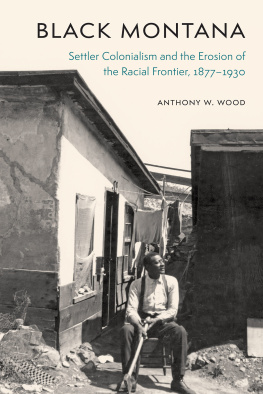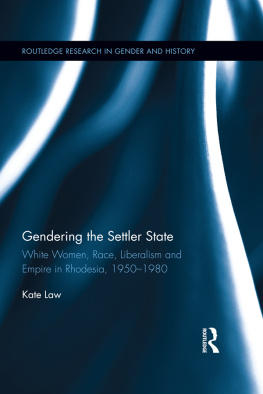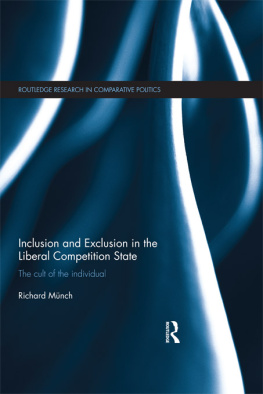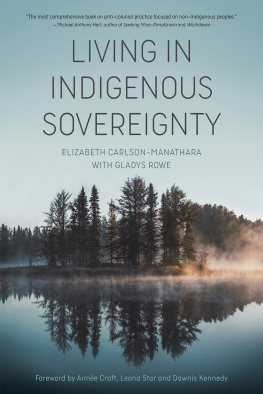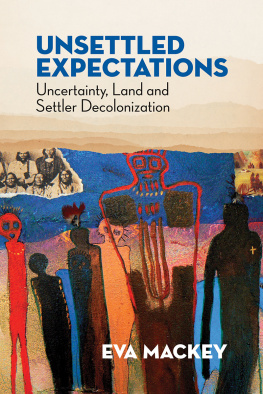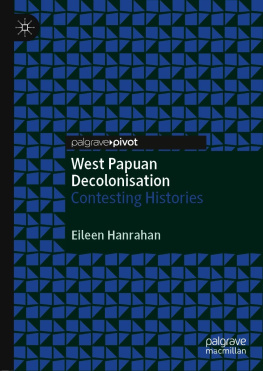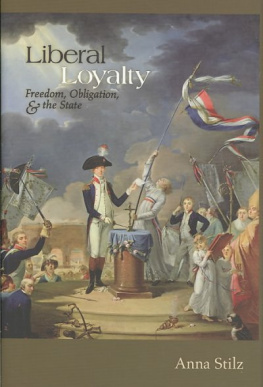Robinson - Citizen strangers Palestinians and the birth of Israels liberal settler state
Here you can read online Robinson - Citizen strangers Palestinians and the birth of Israels liberal settler state full text of the book (entire story) in english for free. Download pdf and epub, get meaning, cover and reviews about this ebook. City: Stanford;California, year: 2013, publisher: Stanford University Press, genre: Politics. Description of the work, (preface) as well as reviews are available. Best literature library LitArk.com created for fans of good reading and offers a wide selection of genres:
Romance novel
Science fiction
Adventure
Detective
Science
History
Home and family
Prose
Art
Politics
Computer
Non-fiction
Religion
Business
Children
Humor
Choose a favorite category and find really read worthwhile books. Enjoy immersion in the world of imagination, feel the emotions of the characters or learn something new for yourself, make an fascinating discovery.

Citizen strangers Palestinians and the birth of Israels liberal settler state: summary, description and annotation
We offer to read an annotation, description, summary or preface (depends on what the author of the book "Citizen strangers Palestinians and the birth of Israels liberal settler state" wrote himself). If you haven't found the necessary information about the book — write in the comments, we will try to find it.
Robinson: author's other books
Who wrote Citizen strangers Palestinians and the birth of Israels liberal settler state? Find out the surname, the name of the author of the book and a list of all author's works by series.
Citizen strangers Palestinians and the birth of Israels liberal settler state — read online for free the complete book (whole text) full work
Below is the text of the book, divided by pages. System saving the place of the last page read, allows you to conveniently read the book "Citizen strangers Palestinians and the birth of Israels liberal settler state" online for free, without having to search again every time where you left off. Put a bookmark, and you can go to the page where you finished reading at any time.
Font size:
Interval:
Bookmark:
Stanford Studies in Middle Eastern and Islamic Societies and Cultures
Citizen Strangers
PALESTINIANS AND THE BIRTH OF ISRAELS LIBERAL SETTLER STATE
Shira Robinson
Stanford University Press
Stanford, California
Stanford University Press
Stanford, California
2013 by the Board of Trustees of the Leland Stanford Junior University. All rights reserved.
No part of this book may be reproduced or transmitted in any form or by any means, electronic or mechanical, including photocopying and recording, or in any information storage or retrieval system without the prior written permission of Stanford University Press.
Printed in the United States of America on acid-free, archival-quality paper
Library of Congress Cataloging-in-Publication Data
Robinson, Shira, 1972- author.
Citizen strangers : Palestinians and the birth of Israels liberal settler state / Shira Robinson.
pages cm(Stanford studies in Middle Eastern and Islamic societies and cultures)
Includes bibliographical references and index.
ISBN 978-0-8047-8654-6 (cloth : alk. paper)ISBN 978-0-8047-8800-7 (pbk. : alk. paper)
. Palestinian ArabsCivil rightsIsrael. 2. Palestinian ArabsLegal status, laws, etc.Israel. 3. CitizenshipGovernment policyIsrael. 4. Land settlementGovernment policyIsrael. 5. JewsColonizationPalestine. 6. Arab-Israeli conflict1948-1967. 7. IsraelPolitics and government1948-1967. I. Title. II. Series: Stanford studies in Middle Eastern and Islamic societies and cultures.
DS113.7.R56 2013
323.1192'74009'045dc23
2013021486
ISBN 978-0-8047-8802-1 (electronic)
Typeset by Bruce Lundquist in 10/14 Minion
For my mother, Lenore Annette Robinson
CONTENTS
ILLUSTRATIONS
NOTE ON TRANSLATIONS AND TRANSLITERATIONS
This book is intended for specialist and nonspecialist readers alike. The text follows modified versions of the Arabic and Hebrew transliteration systems according to the International Journal of Middle Eastern Studies (IJMES) and the Library of Congress, respectively. I have eliminated all diacriticals and longvowel markers except for the ayn/ayin (in both languages) and alif/aleph with hamza (). Names with common English spellings (for example, Gamal Abdel Nasser) are preserved as such.
The spelling of place names in Israel and Palestine requires more deliberation, both because of the differences between Modern Standard Arabic and local pronunciations, and because in many cases choosing between the Arabic and Hebrew is a political act. With the occasional exception when I offer both spellings, I have used common English renderings for well-known places such as Acre, Nazareth, Jerusalem, and Beersheba. For the spelling of Palestinian villages and towns that appear frequently in the text or in an oral interview, I have used the colloquial form. Thus Rama becomes Rame, Arraba becomes Arrabe, and Shafa Amru becomes Shafa Amr. In transcribing interviews I also spell the Arabic word for mother, Umm, as Imm (as in Imm Mahmud). Some of the authors cited publish in two or more languages. I have deferred to the spellings they have chosen for their English-language publications (such as Elias Shoufani and Emile Habibi) but have maintained the IJMES system for the works they have published in Arabic (such as Ilyas Shufani and Imil Habibi).
On occasion, Arabic- or Hebrew-language books include an official English translation in their front matter. Otherwise, and unless noted, all translations are my own. For the sake of brevity, I have translated but not transliterated article titles from the Arabic- and Hebrew-language press. Because the rules for Arabic and Hebrew differ, I have used the same capitalization style (only the first word of a headline) for both languages.
ACKNOWLEDGMENTS
This project has been a long time in the making. It is also the fruit of critical engagement, inspiring argument, and unwavering friendship. It is with a heavy dose of humility that I recognize the institutions and individuals who ushered me through the journey.
I am deeply grateful for the generous financial support that made it possible for me to research and write this book. Fellowships and grants from the US Fulbright Institute for International Education, the Social Science Research Council, the Palestinian American Research Center, the Mellon Foundation, and Stanford Universitys History Department and Taube Center for Jewish Studies provided crucial assistance during its initial incubation period. A stimulating year at the Davis Center for Historical Studies at Princeton University, coupled with numerous research grants and invaluable course reductions from the University of Iowa and the George Washington University (GW), contributed to the books development at later stages.
I used a good deal of this funding to mine the Israel State Archive, the Israel Defense Forces Archives, the Jewish National and University Library, the Lavon Institute, Givat Haviva, the Kafr Qasim municipality, and the Israeli Communist Party Archives at Yad Tabenkin. I would like to thank the librarians and reading room staff in all of these places for allowing me to make the most of my time there. Other funds enabled me to hire wonderful research assistants, including Doaa Elnakhala, Kate Walters, Courtney Freer, Madelyn Yribarren, and Justin Marcello. Shir Alon, Alissa Walter, and Diab Zayed saved me from making mistakes in both translation and transliteration. When I wasnt writing full-time, doctoral students Andrea OBrien, Shaadi Khoury, Julia Sittman, Jason Hushour, and Martin Margolis made my day job in the classroom immensely easier and more fun. My deepest gratitude goes to Bill Becker, my department chair; Ed Berkowitz; and all of my colleagues at GWs History Department and the Elliott School of International Affairs, for enabling me to write the book that I wanted to write.
Most of the oral interviews in the book were conducted between 2001 and 2002, at the height of the second Palestinian Intifada, or uprising, against Israels ongoing occupation of the West Bank and Gaza Strip. It was a frightening and dispiriting time for Israeli citizens working to end the 1967 occupation and to combat racism and inequality inside Israels 1949 armistice lines. I am forever indebted to all of the older Palestinian women and menmany of them leading activists in their day, some still going strongwho spent hours sharing their recollections of military rule, as well as to everyone who introduced me to others willing to do the same. Without the enthusiastic help of Umayma Abu Ras, Rose Amr, Issam Aburaya, Jehad Abu Raya, Adil Budayr, Leena Dallasheh, Hazzar Hijazi, Yaqub Hijazi, Suha Ibrahim, Zuhayra Sabbagh, and Marzuq Shufani, not to mention the unparalleled hospitality of their families, my understanding of this period would have been significantly impoverished. Most of my interlocutors were happy to be identified by name. Here I would like to thank those individuals who wished to remain anonymous.
Over the past decade, conversations with colleagues and friends have directed me to sources, answered detailed queries, pushed me to hone my arguments, and offered critical feedback on small and large portions of the text. Special thanks go to Lori Allen, Nemata Blyden, Oren Bracha, Michelle Campos, Daniel Cohen, Hillel Cohen, Elliott Colla, Jonathan Cook, Ahmad Dallal, Leena Dallasheh, Rochelle Davis, Gil Eyal, Ilana Feldman, Geremy Forman, Khaled Furani, Michael Gordin, Neve Gordon, Aziz Haidar, Shay Hazkani, Adina Hoffman, Rhoda Kanaaneh, Dane Kennedy, Linda Kerber, Laleh Khalili, Dina Khoury, Alina Korn, Jessica Krug, Peter Lagerquist, Chris Lee, Zachary Lockman, Ussama Makdisi, Adil Manna, Melani McAlister, Ed McCord, Joel Migdal, Maha Nassar, Marcy Norton, Tom Pessah, Mouin Rabbani, Laura Robson, Catherine Rottenberg, Johanna Schoen, Sherene Seikaly, Tamir Sorek, Rebecca Stein, Bob Vitalis, and Lora Wildenthal. Naila Naqqara and Issam Makhoul generously shared their photo collections. Last but not least, the manuscript benefited greatly from the readings of two anonymous reviewers at Stanford University Press, where editor Kate Wahl, Frances Malcolm, and Mariana Raykov worked with grace, patience, and speed.
Next pageFont size:
Interval:
Bookmark:
Similar books «Citizen strangers Palestinians and the birth of Israels liberal settler state»
Look at similar books to Citizen strangers Palestinians and the birth of Israels liberal settler state. We have selected literature similar in name and meaning in the hope of providing readers with more options to find new, interesting, not yet read works.
Discussion, reviews of the book Citizen strangers Palestinians and the birth of Israels liberal settler state and just readers' own opinions. Leave your comments, write what you think about the work, its meaning or the main characters. Specify what exactly you liked and what you didn't like, and why you think so.


